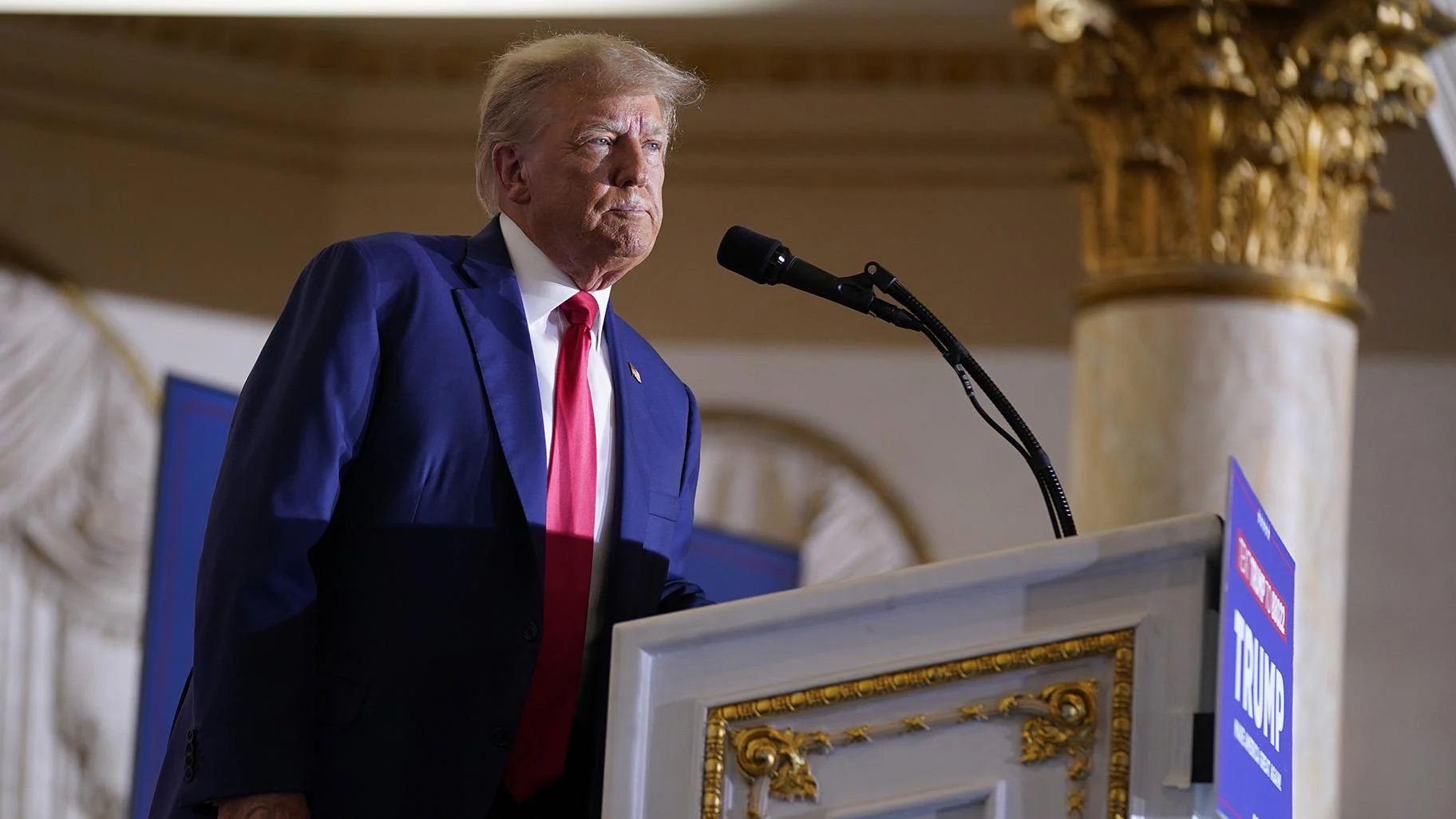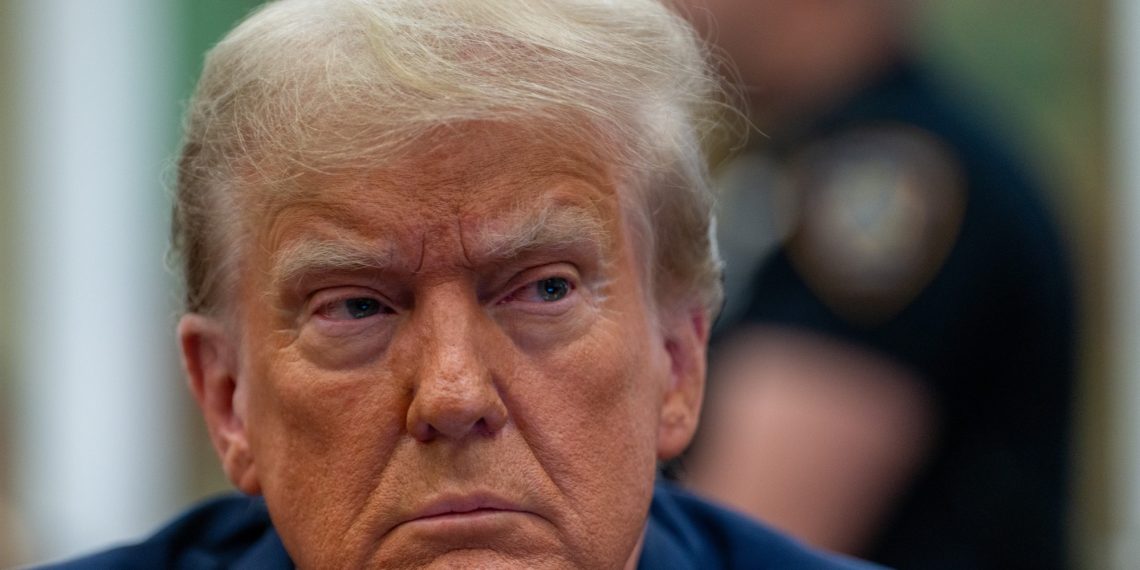Former President Donald Trump’s legal strategy involves manipulating court schedules to delay federal trials until after the 2024 general election. Trump’s lawyers aim to stall the trial overseen by Judge Tanya Chutkan in DC, potentially impeding her from scheduling a trial before the election.
Another tactic involves convincing Judge Aileen Cannon in Florida to postpone the Mar-a-Lago document mishandling trial until summer, creating further delays.
Trump’s team seeks to keep him from facing trials until after the 2024 election, using various legal maneuvers to control the timing of court proceedings. By juggling multiple cases and requesting trial delays, they hope to shield Trump from legal consequences during the campaign season.
Judge Cannon, a Trump appointee, faces pressure from both sides as she oversees the Mar-a-Lago case. The trial’s start date remains uncertain due to ongoing disputes over access to evidence and classified documents.
Meanwhile, Judge Chutkan, appointed by Barack Obama, presides over a different case in DC, with a potential trial date looming before the election.
Trump’s legal battles extend beyond Florida and DC, with a trial scheduled in Manhattan for late March. His legal team views this trial as less significant, potentially serving as a buffer before more consequential proceedings.

Despite Trump’s efforts to delay trials, the Justice Department emphasizes the urgency of resolving his federal election case promptly. They argue that the public has a compelling interest in swift justice, given the serious nature of the charges.
While Trump’s lawyers navigate the legal landscape, judges coordinate to avoid scheduling conflicts. However, Trump’s right to be present at all trials complicates matters, requiring careful coordination to ensure a fair judicial process.
In the intricate legal chess game, Trump’s team maneuvers to postpone trials, aiming to shield him from legal scrutiny as he eyes a potential return to the White House.





